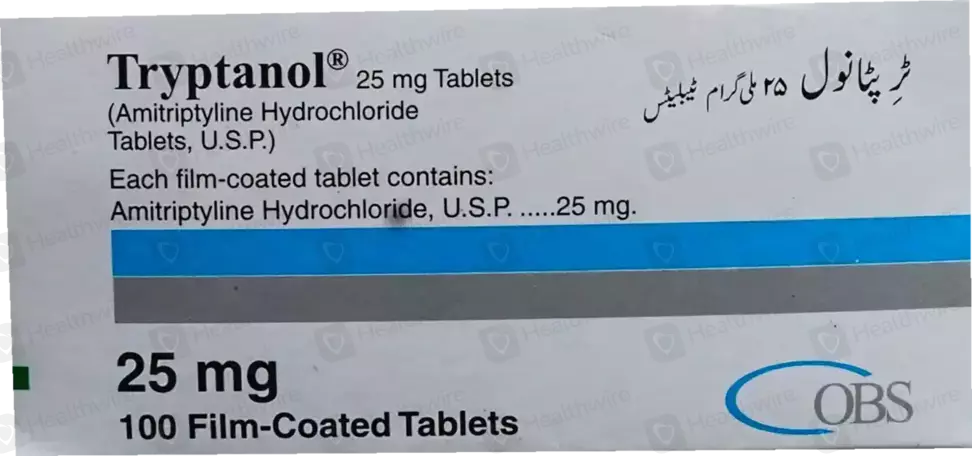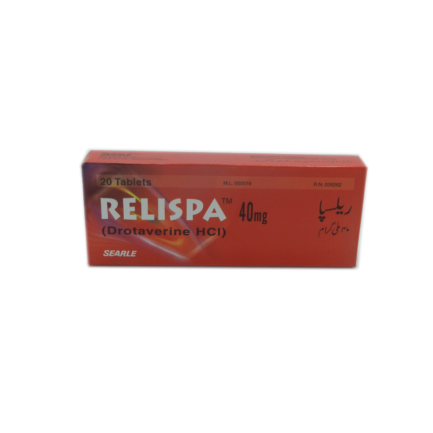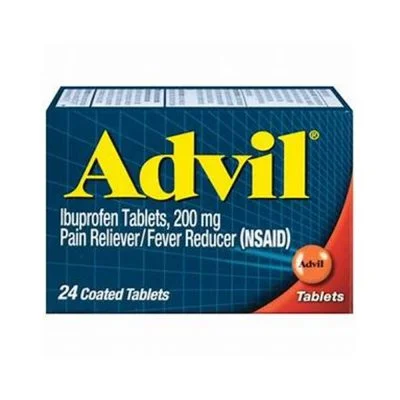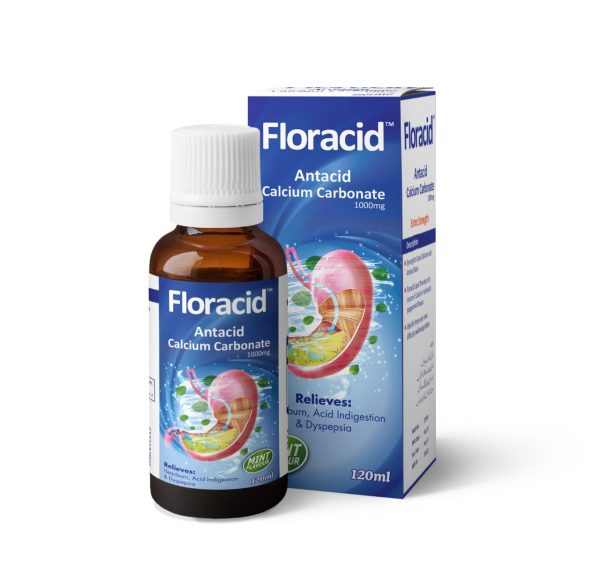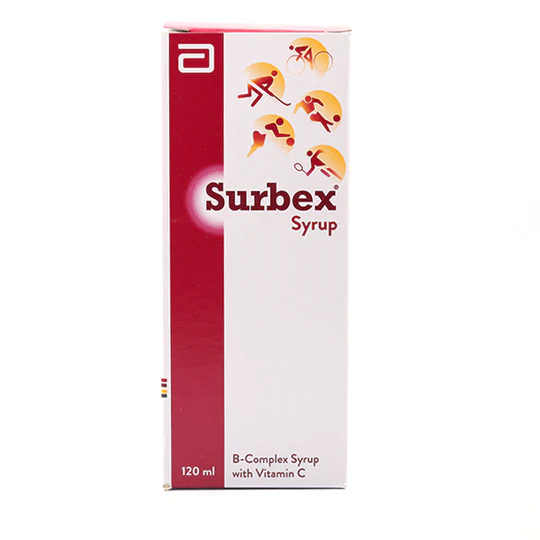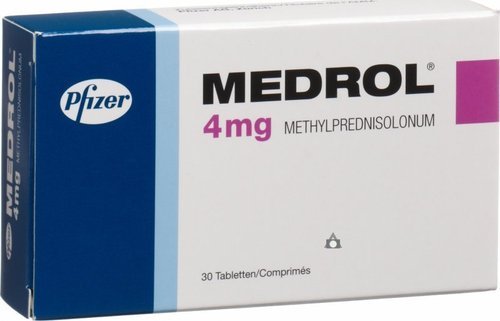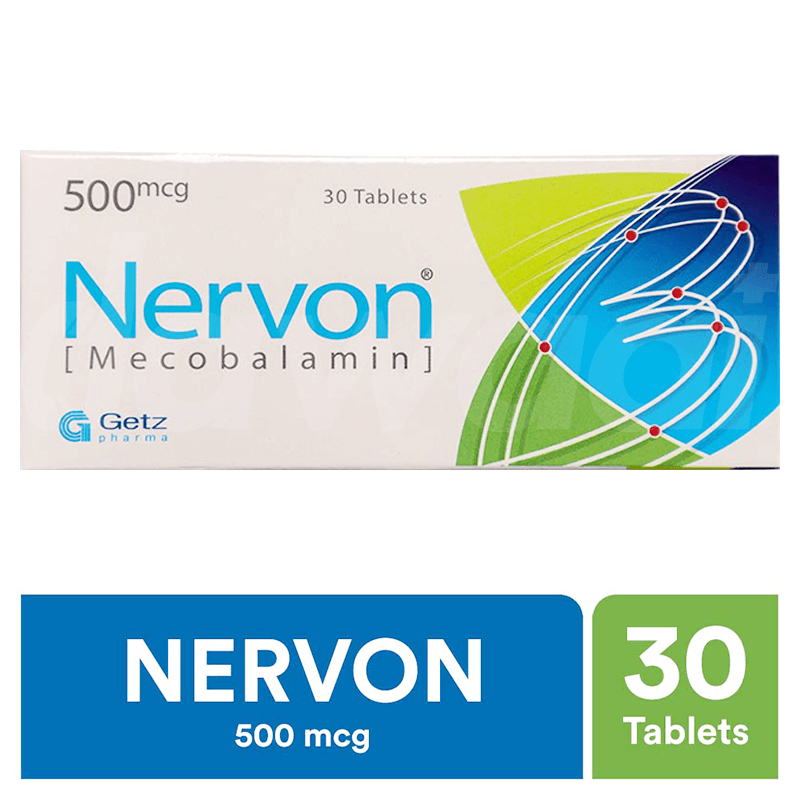Introduction Tryptanol tablet is a medication primarily used to treat depression, though its uses extend far beyond that. It belongs to a class of drugs called tricyclic antidepressants (TCAs). These were some of the first medications developed to treat depression, and while newer antidepressants (like SSRIs) are now more commonly used, amitriptyline remains a valuable tool in managing a variety of conditions. How Does Tryptanol Tablet Work? Mechanism To understand how amitriptyline works, let’s take a quick detour into the world of neurotransmitters. Neurotransmitters are chemicals in the brain that help transmit signals between nerve cells. Two key neurotransmitters involved in mood regulation are **serotonin** and **norepinephrine**. In people with depression or certain pain conditions, these neurotransmitters can be out of balance, leading to feelings of sadness, low energy, or discomfort. Amitriptyline works by inhibiting the reuptake of serotonin and norepinephrine. In simpler terms, it helps keep these neurotransmitters around longer in the brain, which can improve mood and help relieve pain. Think of neurotransmitters like traffic that flows between different parts of the brain. Amitriptyline acts as a traffic controller, making sure that the cars (i.e., neurotransmitters) stay on the road longer and keep the flow smooth, helping you feel better emotionally and physically. Uses Of Tryptanol Tablet Depression Tryptanol tablet was originally developed to treat depression, and it still serves this purpose. It can help boost mood, improve energy levels, and enhance overall functioning. For people dealing with moderate to severe depression, amitriptyline can be a key part of their treatment plan. Anxiety Although it’s not the first-line treatment for anxiety, it can be helpful in certain cases, especially when anxiety is accompanied by depression. The medication’s calming effects help reduce feelings of tension and unease. Chronic Pain Management One of the standout benefits of amitriptyline is its ability to treat chronic pain. This is particularly useful for conditions like fibromyalgia, neuropathic pain, and migraines. If you’ve ever had a condition where pain seemed to linger or couldn’t be fully explained by an injury, amitriptyline might be part of the solution. It’s thought to work by altering the way the brain processes pain signals, reducing sensitivity to pain. Sleep Disorders Tryptanol tablet is also prescribed off-label to help with insomnia. Its sedative properties make it useful for people who struggle with sleep, particularly when insomnia is linked to pain or depression. It’s often used in lower doses to help people fall asleep and stay asleep. Dosage: Take it as prescribed by the doctor. Overdose If you have taken more than the recommended. Seek medical help. Missed Dose If you have missed the dose, take it as soon as possible if the time to the next dose is near, don’t double the dose to cover the missed one becuase it may cause serious health problems. Off-Label Uses of Tryptanol tablet While it’s most commonly known for treating depression and pain, it has a range of off-label uses that you may not have heard about: Migraine Prevention If you suffer from frequent migraines, Tryptanol can help reduce the frequency and severity of attacks. It’s not a quick fix like painkillers, but it works gradually over time, helping to “reset” the brain’s pain pathways. Irritable Bowel Syndrome (IBS) Many people with IBS experience constant abdominal pain, cramps, and digestive issues. Amitriptyline is sometimes prescribed in low doses to help manage these symptoms, especially when there is a strong component of pain and discomfort. It may help calm the nervous system that contributes to gut issues. Post-Traumatic Stress Disorder (PTSD) In some cases, amitriptyline is used to help manage symptoms of PTSD. It can reduce nightmares, anxiety, and depression that often accompany trauma-related disorders, though it’s generally used when other medications haven’t been effective. Enuresis (Bedwetting) in Children Although less common, amitriptyline can be prescribed for children who experience bedwetting, especially when the child also suffers from anxiety or other emotional challenges. The medication helps reduce the number of wet nights by impacting the brain’s signals related to bladder control. Side Effects Of Tryptanol Tablet Drowsiness or Sedation: This is one of the most common side effects. While it can be helpful for sleep, it can also make you feel groggy during the day. Some people experience this effect more than others. Dry Mouth: Trytpanol can reduce saliva production, leaving you with a dry mouth. Keeping hydrated or sucking on sugar-free candies can help alleviate this. Weight Gain: Some people notice an increase in appetite or weight gain over time. If this becomes a concern, your doctor may suggest lifestyle changes or try a different medication. Constipation: This is a side effect that’s common with tricyclic antidepressants. Staying active and eating a high-fiber diet can help manage this. Blurry Vision or Dizziness: It’s also not uncommon to feel dizzy or have blurred vision, especially when standing up quickly. If this happens, take caution when moving around. Real-Life Scenario: A Day in the Life with Tryptanol Tablet Imagine you’re someone who’s been dealing with chronic migraines for years. You’ve tried various over-the-counter painkillers and even some prescribed medications, but they never quite hit the mark. You talk to your doctor, and they suggest trying amitriptyline as a preventive measure. You start taking it at a low dose before bed, and within a few weeks, you notice something surprising: your migraines are occurring less frequently, and when they do hit, they’re not as severe. You also realize that you’re sleeping better at night, which, in turn, helps you feel more energetic during the day. It’s not a cure-all, but it’s a step in the right direction, and it’s improving your quality of life in ways you didn’t expect. Advice For Patients Taking Tryptanol Tablet Take It at Night Since amitriptyline can cause drowsiness, it’s usually taken in the evening before bed. This helps you avoid daytime fatigue and allows the medication to work while you sleep. Be Patient Like many medications that impact mood or pain, amitriptyline can take a few weeks to







